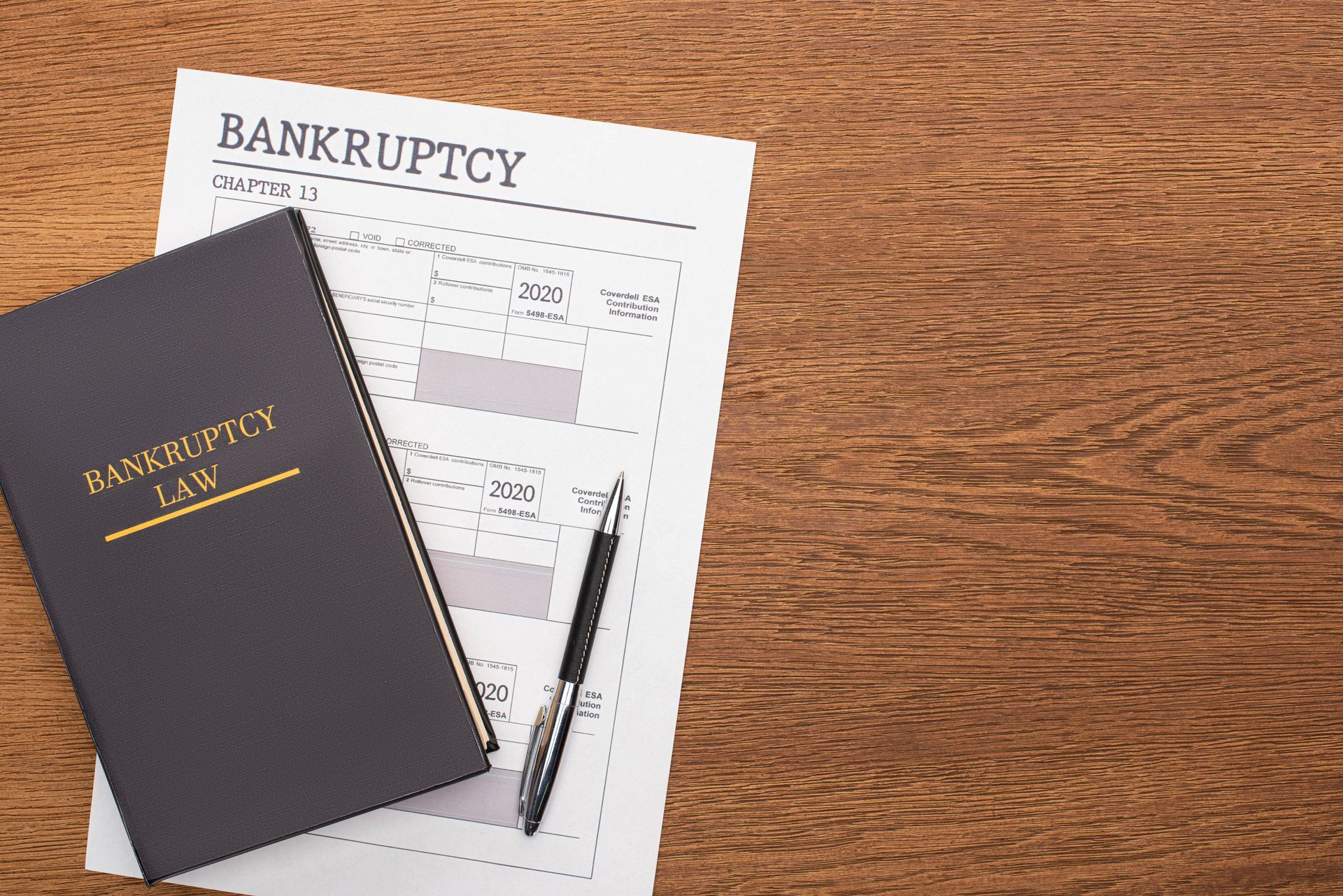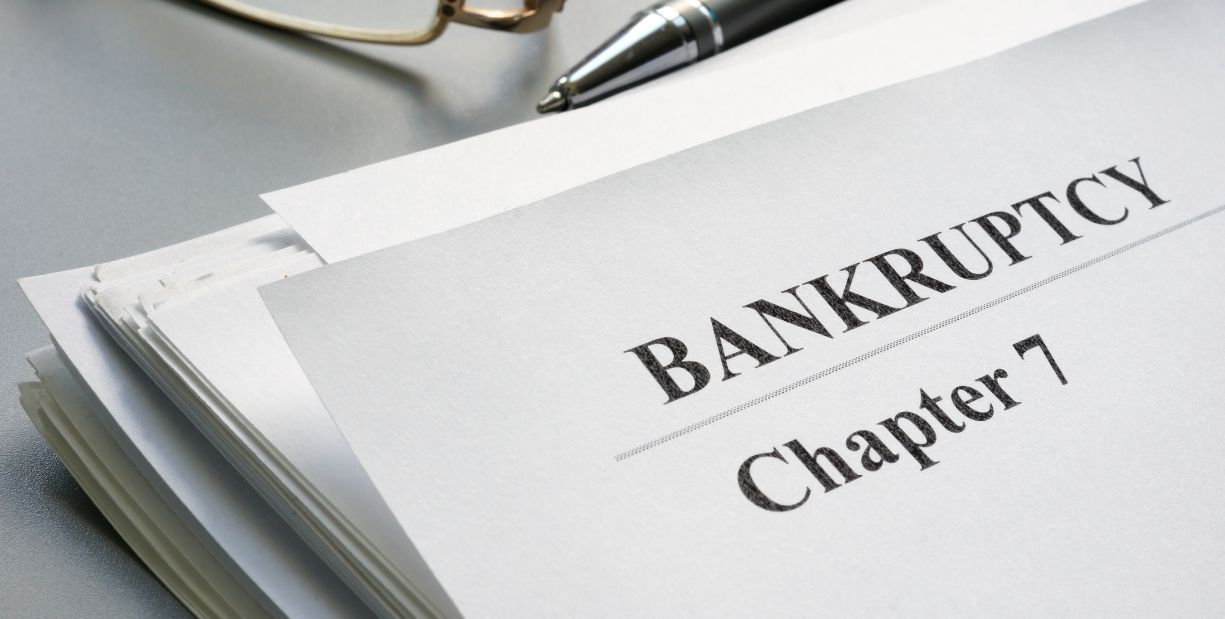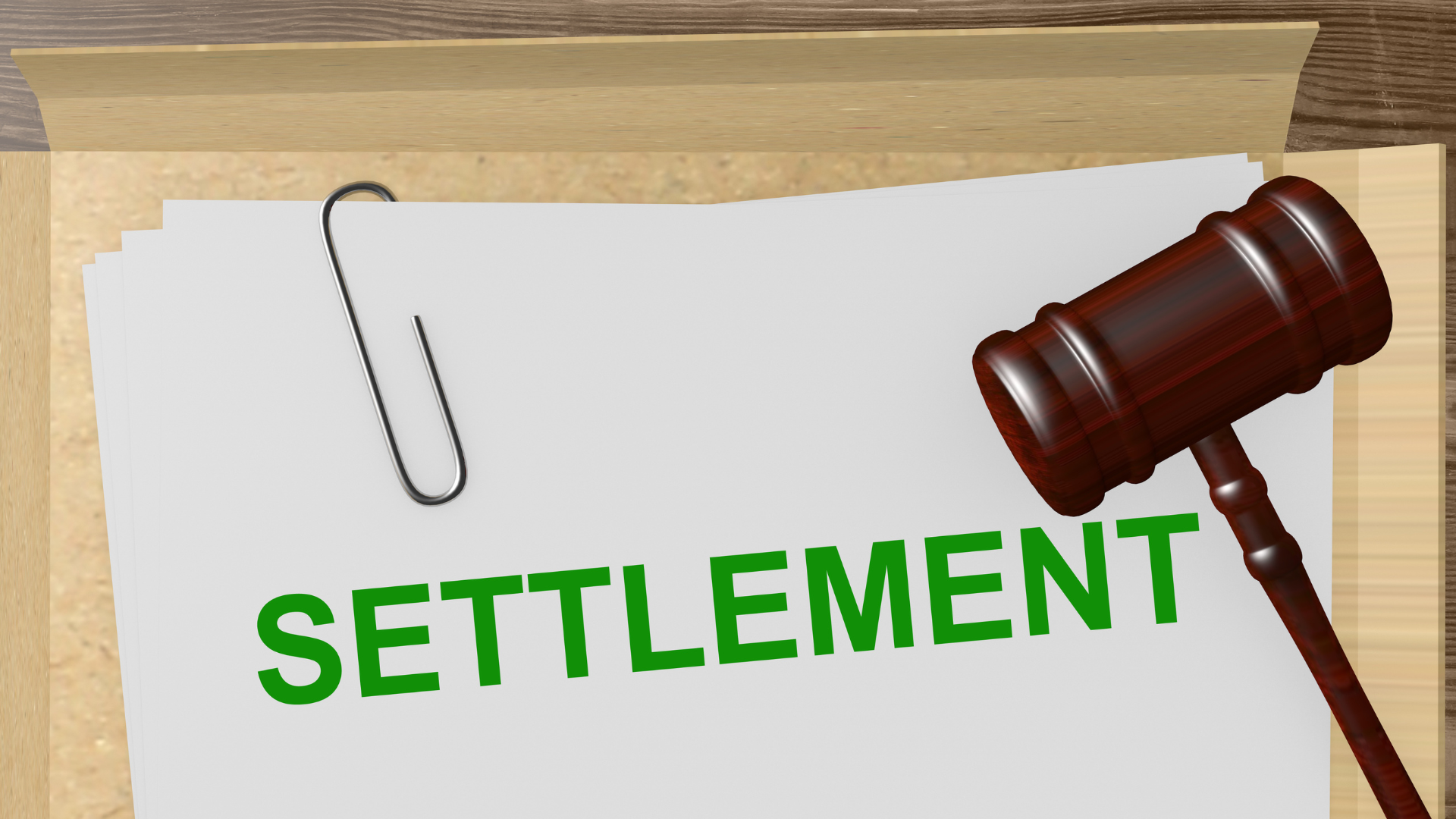Pros and Cons of Filing Chapter 13 Bankruptcy in New York
Filing Chapter 13 Bankruptcy in New York

The pros of filing Chapter 13 bankruptcy include stopping foreclosure, consolidating debt, and protecting your assets. The cons include a 3–5 year repayment plan, credit impact, and strict budget requirements.
When debt becomes overwhelming, many New Yorkers look to bankruptcy as a way to regain control. Chapter 13 bankruptcy, often called a “wage earner’s plan”, offers unique advantages—but also comes with challenges that require careful consideration.
At J. Singer Law Group, we help clients weigh the pros and cons of Chapter 13 to decide if it’s the right choice for their financial future. Here’s what you need to know before moving forward.
What Is Chapter 13 Bankruptcy?
Chapter 13 bankruptcy allows individuals with regular income to reorganize their debts into a manageable 3–5 year repayment plan. Unlike Chapter 7, which liquidates non-exempt assets to pay creditors, Chapter 13 helps you catch up on missed payments and keep your property.
It’s particularly useful for people facing foreclosure, repossession, or tax debt.
The Pros of Filing Chapter 13 Bankruptcy
1. Stops Foreclosure and Repossession
Filing Chapter 13 triggers an automatic stay that immediately halts foreclosure proceedings and repossession efforts. This gives you time to catch up on missed mortgage or car payments over several years.
2. Consolidates Debt Into One Monthly Payment
All eligible debts are combined into a single payment made to the bankruptcy trustee, simplifying your finances and stopping interest from accruing on many unsecured debts.
3. Protects Your Property
Chapter 13 allows you to retain valuable assets that might be at risk in Chapter 7, including your home, car, and non-exempt personal property.
4. Addresses Priority Debts
Unlike Chapter 7, Chapter 13 lets you include priority debts such as:
- Back taxes
- Child support arrears
- Missed mortgage or car payments
These are paid off over time without further penalties or legal action.
5. Helps Improve Credit Over Time
While bankruptcy does impact your credit, completing a Chapter 13 plan shows lenders you’ve taken responsibility for your debts and may help you rebuild credit faster than if you continued falling behind.
The Cons of Filing Chapter 13 Bankruptcy
1. Long Repayment Period
The 3–5 year repayment plan requires strict adherence. Missing payments can result in dismissal of your case and loss of bankruptcy protection.
2. Impact on Credit Score
Chapter 13 remains on your credit report for seven years from the filing date, which can affect your ability to obtain new credit during that time.
3. Limited Flexibility
You’ll need court approval to take on new debt or make major financial decisions during your plan.
4. Not All Debts Are Dischargeable
Certain debts, such as student loans, recent tax debts, and domestic support obligations, cannot be discharged and must be paid in full.
5. Court and Trustee Oversight
Your finances will be closely monitored during the repayment period, which some find restrictive.
Is Chapter 13 Right for You?
Chapter 13 may be the best option if:
- You’re behind on your mortgage and want to avoid foreclosure
- You have regular income and can afford monthly payments
- You want to protect valuable property
- You have priority debts like taxes or child support arrears
It may not be ideal if you lack the income to make plan payments or prefer a faster resolution like Chapter 7.
How J. Singer Law Group Can Help
At J. Singer Law Group, we guide New Yorkers through every step of the Chapter 13 process. As New York’s top bankruptcy law firm, we provide:
- A full analysis of your financial situation
- Customized repayment plans tailored to your needs
- Protection of your home, car, and other assets
- Strong representation at all court hearings and trustee meetings
- Ongoing support to help you stay on track during your plan
Our goal is to make bankruptcy as smooth and stress-free as possible while giving you the tools for long-term financial recovery.
Frequently Asked Questions (FAQ)
1. How long does Chapter 13 bankruptcy take?
Most plans last 3 to 5 years, depending on your income and debt amount.
2. Can Chapter 13 stop foreclosure?
Yes. Filing immediately stops foreclosure and allows you to catch up on missed mortgage payments over time.
3. Will I lose my property in Chapter 13?
No. As long as you stay current on your repayment plan, you can keep your home, car, and other property.
4. Does Chapter 13 cover tax debt?
Yes. Certain tax debts can be included in your repayment plan and paid off over the 3–5 year period.
5. Why choose J. Singer Law Group?
We’re New York’s leading bankruptcy law firm, known for helping clients save their homes, eliminate debt, and regain financial stability with confidence.
Take Control of Your Financial Future
The decision to file Chapter 13 bankruptcy is a big one, but you don’t have to make it alone.
Contact J. Singer Law Group today, New York’s top bankruptcy law firm, for a confidential consultation. Our attorneys will help you weigh the pros and cons and develop a strategy that protects your home, your assets, and your peace of mind.
Call now to get started. Your path to financial freedom begins here.











